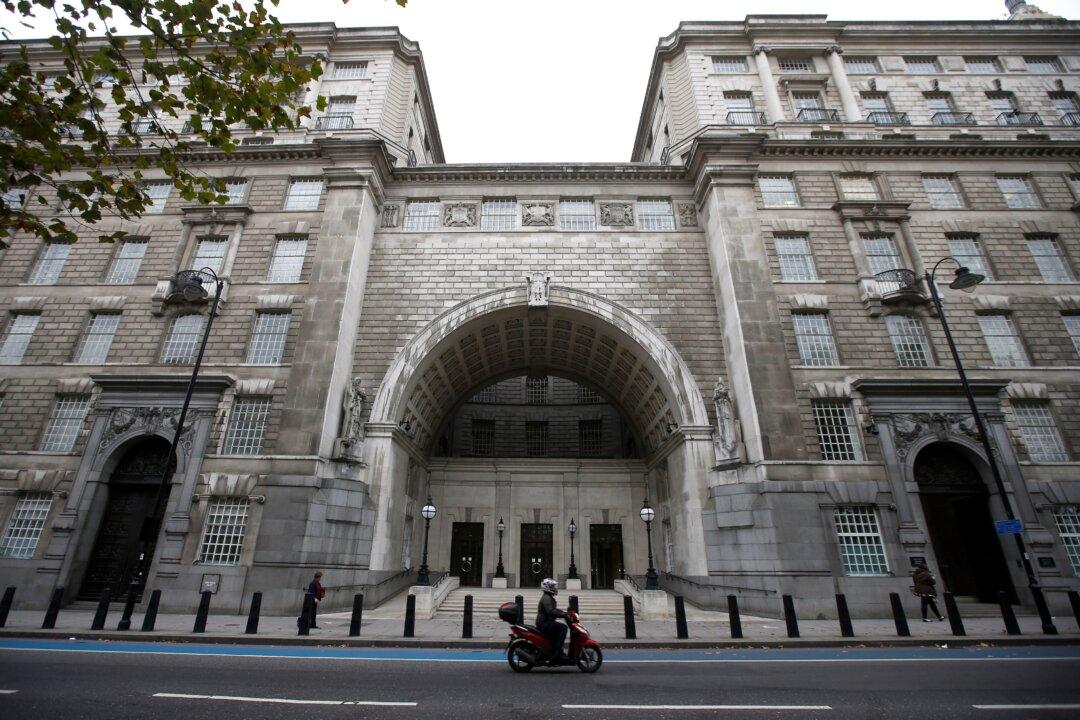MI5 officers told an influential committee of MPs “there is a growing synergy between Incel and ERWT (Extreme Right Wing Terrorism) ideologies.”
The Intelligence and Security Committee’s report (pdf) said, “Most Involuntary Celibates (Incels) are non-violent or criminal and their activity would not meet MI5 terrorism thresholds.”





